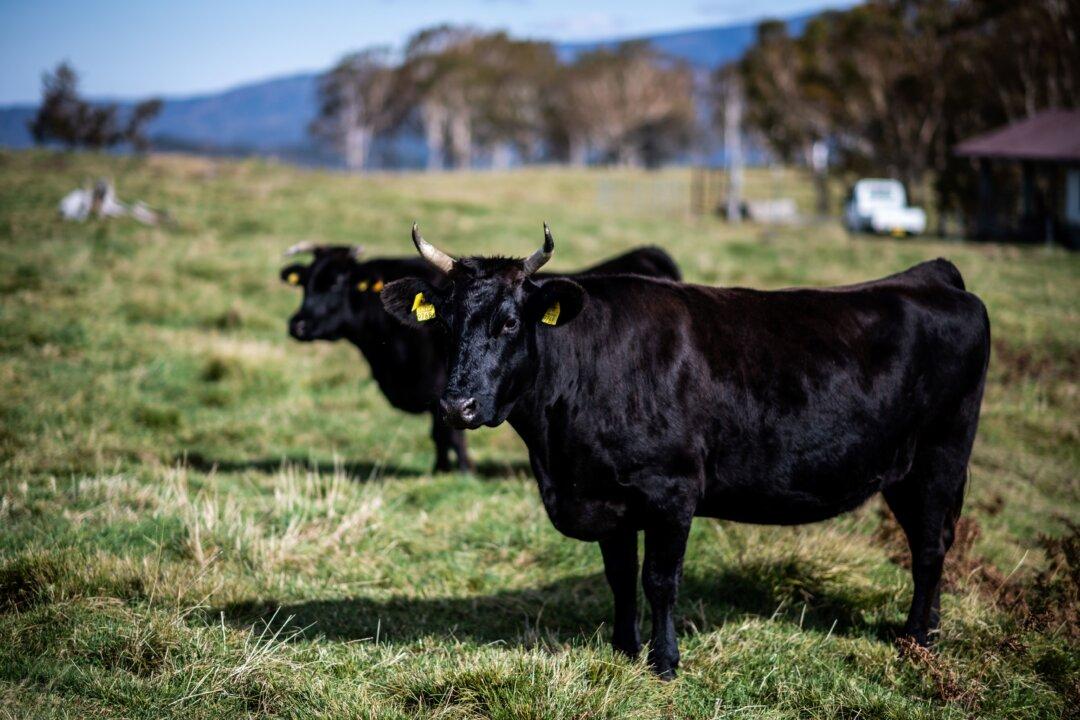Australian Wagyu beef producers have seen almost a three-fold increase in demand over the past year as local and international popularity for the beef delicacy continues to grow.
Managing director of Irongate Wagyu, Peter Gilmore, told the Australian Broadcasting Corporation (ABC) that interest in his Western Australia-based company’s carcasses and genetics has tripled over the last year, with the price of full blood Wagyu fetching almost AU$450 (US$313) per kilogram.





